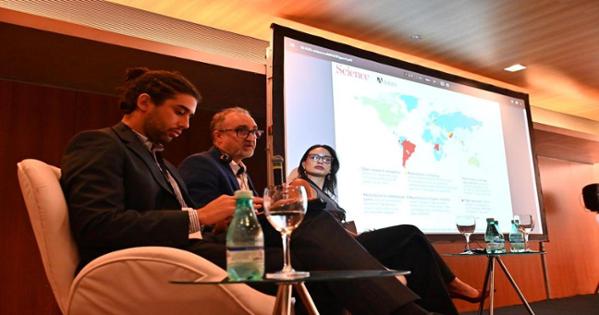Professor Sean Flynn and Fellow Allan Rocha Presented Analysis on Proposal to Require Remuneration for Training AI

Professor Rocha presented the results of a new report on the proposal, the summer of which is available in English at https://ibdautoral.org.br/novo/wp-content/uploads/2024/09/executive-summary.pdf.
The Report supports the basic goals of the legistation but presents several changes to better promote "a positive and open environment for research activities and exercise of research rights" and to promote "the development and broader application and use of technological innovations, including through AI systems." In particular, the Report proposes authors and artists from intermediaries that often hold the economic rights in their works, both as qualified subjects for the exercise of rights and as privileged recipients of any remuneration; (ii) distinguishing research activities in general from those centered on the development of AI systems, especially regarding the conditions for using TDM, which are essential for any data-intensive research; (iii) separating the development of AI systems in general from the development of generative AI systems.
Professor Flynn commented on the Report and the Bill. His comments mainly focused on some of the policy dilemmas posed by using copyright to promote remuneration for artists. International law requires that copyright systems follow a “national treatment” rule, meaning that whatever rules Brazil adopts would have to apply equally to foreign right holders, where most of the value protected by copyright is located. In addition, most copyright economic rights are held by foreign corporations, not local artists. Accordingly, the result of Brazil’s proposal may be to promote a net outflow of remuneration from Brazilian users to foreign corporations.
Find out more:
Bio
